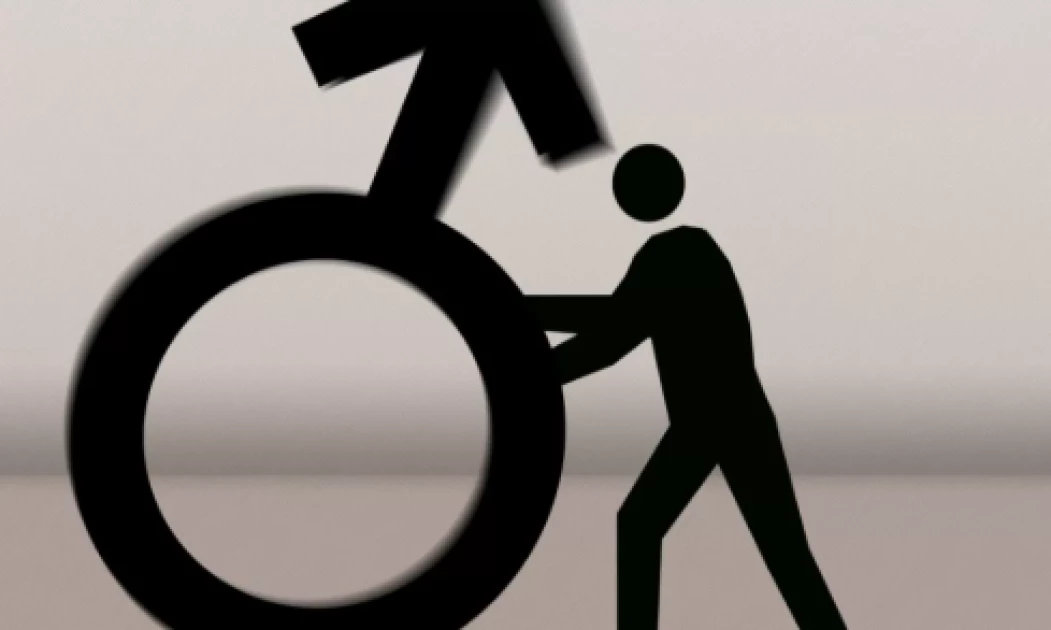‘Women disappear when I stand, I’m called babyface’; Men share masculinity struggles

Behind the bold strides and booming laughs lie insecurities that few men ever confess. And in a society that demands they “man up,” speak less, and never falter, their struggles are often rendered invisible.
We often speak of women’s struggles—and rightly so. But somewhere in the shadows, boys grow into men carrying weights they were never taught how to name. Their insecurities are tucked beneath polished shoes and pressed shirts, buried beneath accomplishments and a strength they must constantly perform, not because they want to, but because they must.
This silence is not absence. It is survival.
The Pressure to ‘look manly’
Brian, 26, a fitness coach, smiles often, but it rarely reaches his eyes.
“I started going to the gym because I loved it. Now, I work out twice a day, not out of love, but fear. I fear losing my six-pack. I fear people seeing me as weak. My followers expect a certain body and if I post a picture without a pump, they notice.”
Social media has amplified this pressure. Platforms like TikTok and Instagram are filled with sculpted abs and glowing skin, making everyday men feel less than. There's an unspoken belief: to be desirable, you must be muscular. To be masculine, you must dominate the room, both physically and emotionally.
But for many, the pursuit of the perfect body becomes compulsive. Anxiety builds. Eating disorders form. All hidden under protein shakes and motivational captions.
“Real Men Don’t Cry”
In many Kenyan communities, boys are told early: "Wewe ni mwanaume. Usilie." (You're a man. Don't cry.)
George, 35, a father of two from Kisumu, remembers being shamed for expressing pain after a childhood accident.
“I limped into the house crying, and my uncle slapped me and said I was embarrassing the family. Since that day, I stopped crying—even when my father died. I just stood at the burial, holding it in. I’ve held it in ever since,” narrates George.
Cultural definitions of manhood can be suffocating. A real man, we’re told, is tall, bearded, composed. He provides. He protects. He never bends. And so, thousands of men walk through life wearing emotional masks—denying themselves the grace of vulnerability.
Shortness, Baldness, and Beardlessness
In the streets and stories, some insecurities may seem shallow until you hear the pain behind them.
Alex, 29, from Rongai, is 5'3.
“I’ve never had a serious relationship. Women flirt until they see me stand. Then they disappear. My height is the punchline in jokes—even from fellow men. I laugh with them. But inside? It burns.”
David, 31, started going bald at 24.
“People think baldness is just hair. But I lost my confidence. I wore hats everywhere. I spent my savings on products. Nothing worked. I avoided mirrors for years.”
Samuel, 27, struggles with growing a beard.
“In my circles, a beard is manhood. They call me ‘baby face’ or ‘junior.’ It’s funny until you internalize it. I started using beard oils daily, hoping it would make me more acceptable.”
These insecurities might sound small—but compounded with rejection, societal mockery, and media standards, they become silent battlegrounds.
Why Men Rarely Speak
There’s an unspoken oath among many men: suffer in silence.
Opening up is seen as weakness. Even in friendships, conversations rarely go beyond sports, politics, or money. Vulnerability is a threat to the image of strength. So instead of speaking, they overcompensate—with work, gym, alcohol, or aggression. But the cost is high.
Beneath the silence is a storm. Men are less likely to seek therapy. They often turn pain into performance—working harder, lifting heavier, laughing louder. But inside, many are breaking.
Irene Wambui, a counseling psychologist at Thika Level 5 Hospital says that a lot of men who go to her office for counselling get there when its already too late.
“Most of them come when they’ve lost a job, a marriage, or themselves. They’ve been holding it in for decades. What they need isn’t fixing. It’s safe spaces. Affirmation. Permission to feel.”
She urges everyone to honor the untold stories of men. The ones who ache quietly. The ones who are trying. The ones who don’t fit the mold—but are deeply, beautifully human.
“Let’s create spaces where boys can cry. Where men can say, “I’m not okay.” Where beards, biceps, and bank accounts are not the measure of worth,” she emphasizes.
Because to be a man is not to be unshaken.
It is to be real. Whole. Seen.
Want to send us a story? SMS to 25170 or WhatsApp 0743570000 or Submit on Citizen Digital or email wananchi@royalmedia.co.ke
Comments
No comments yet.


Leave a Comment